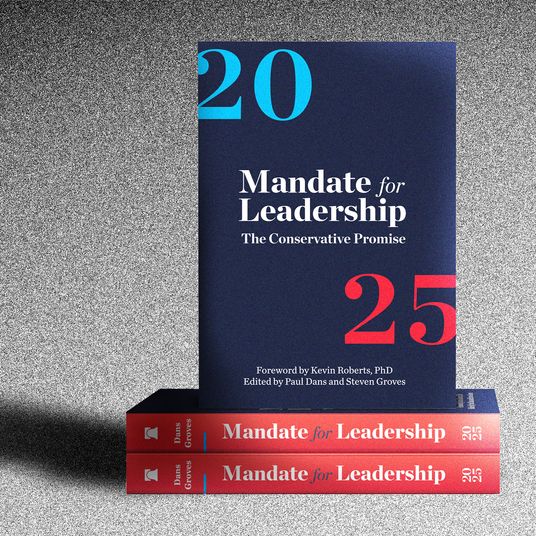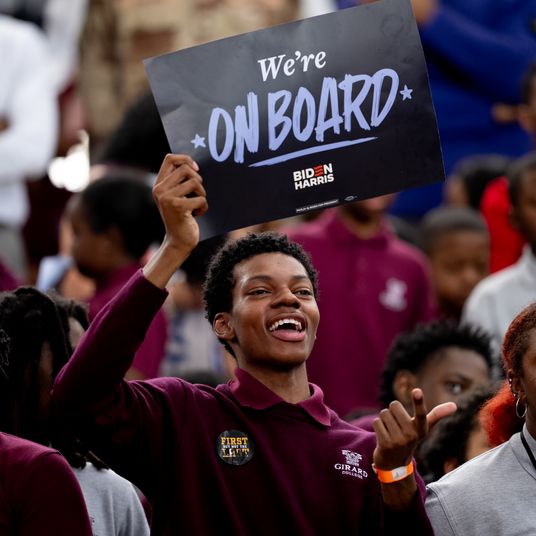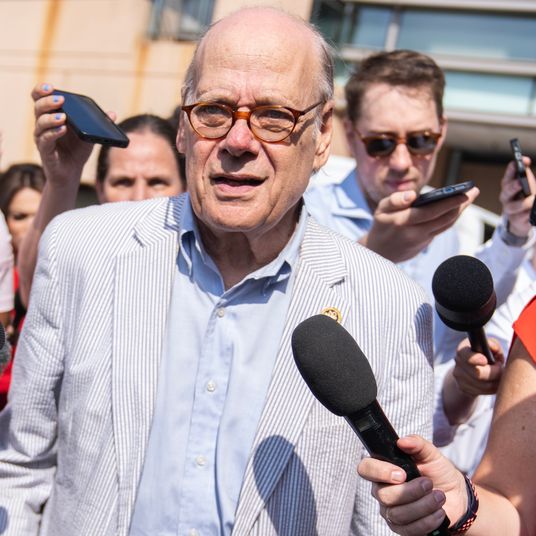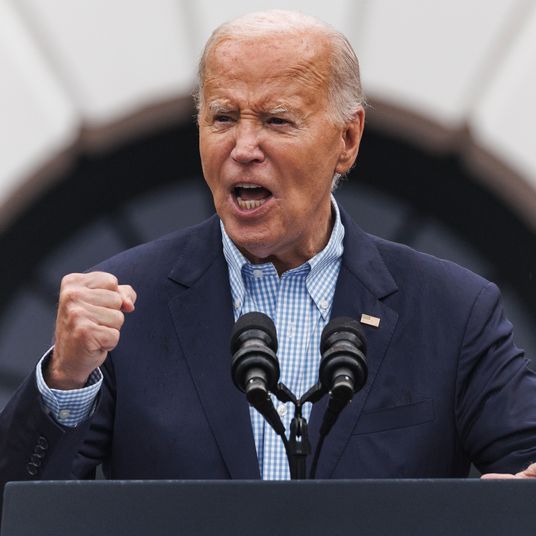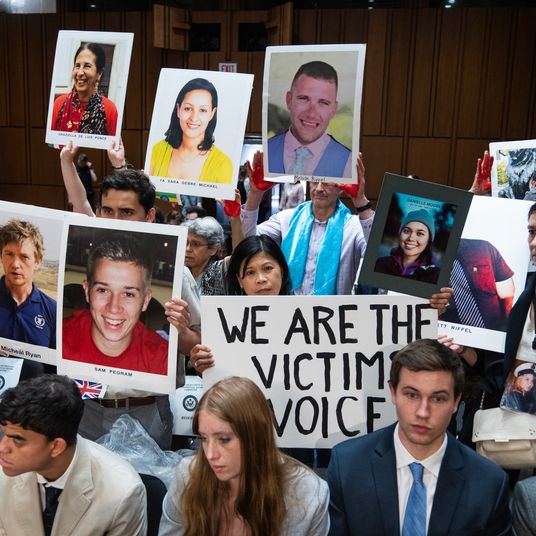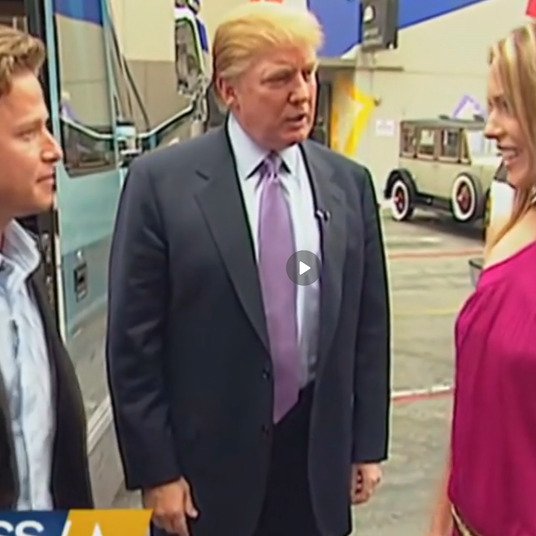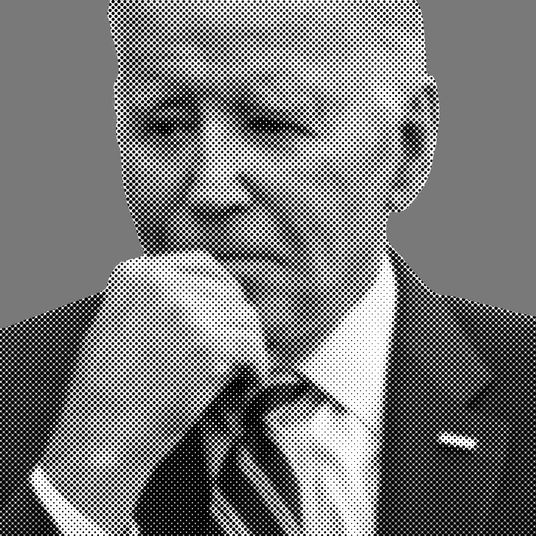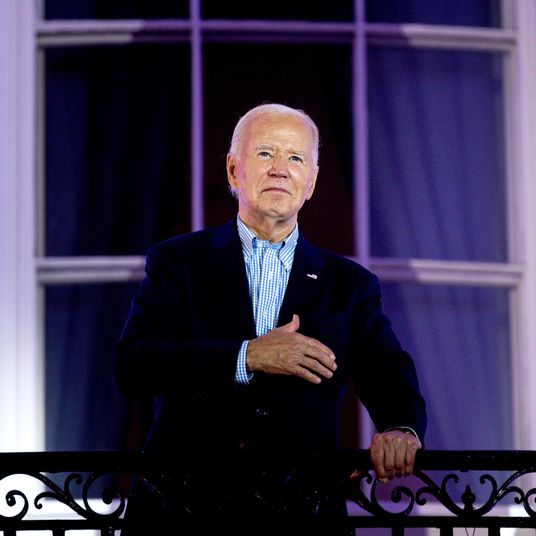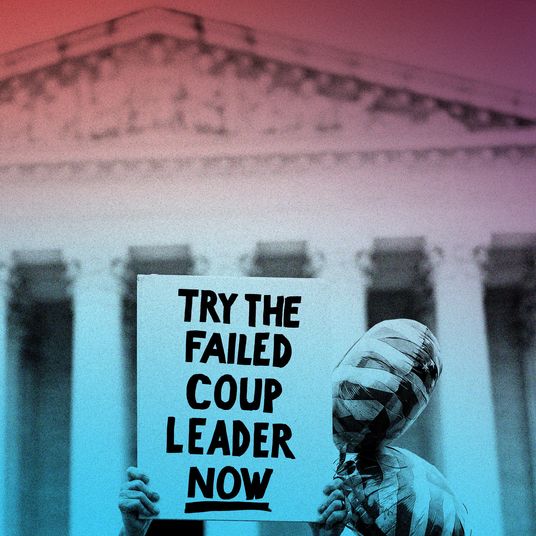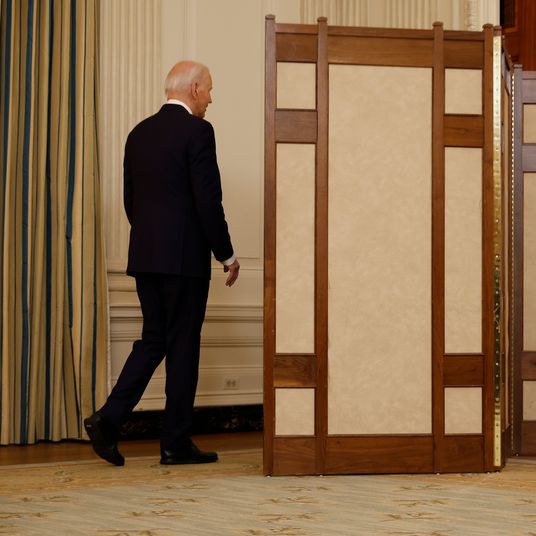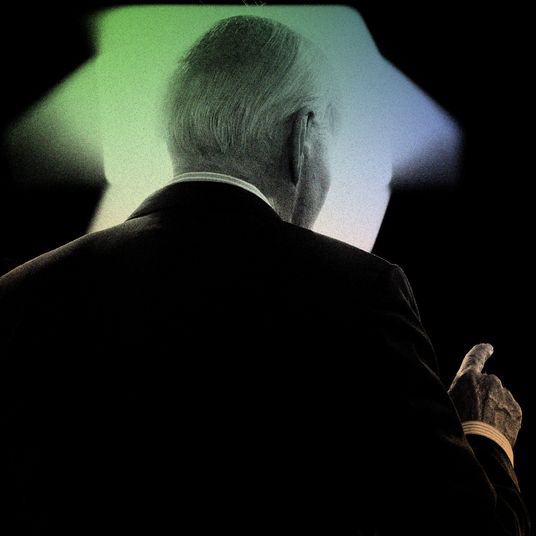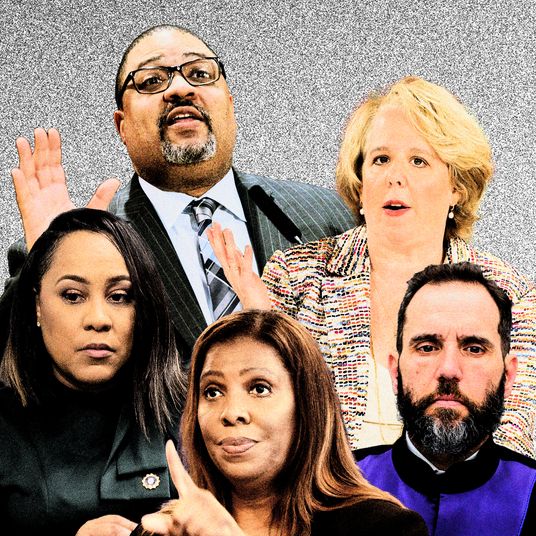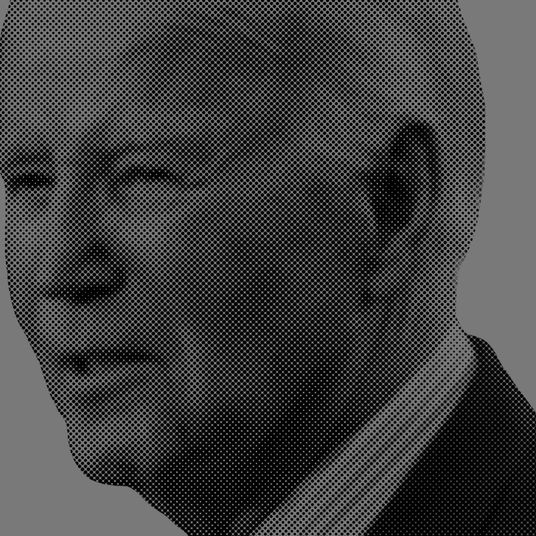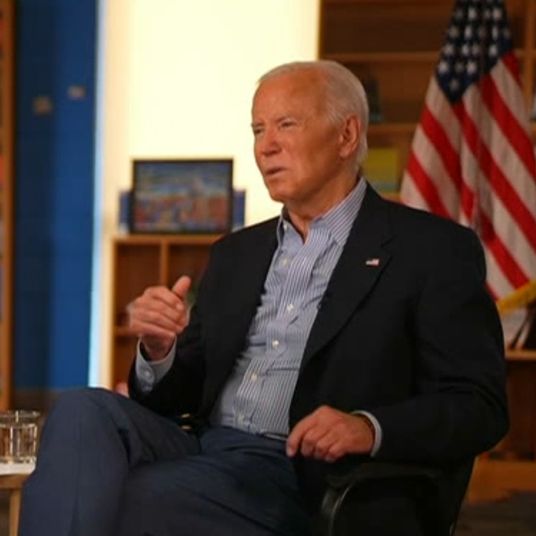
The Supreme Court announced today that it will hear King v. Burwell, a legal challenge to Obamacare. This is a mind-blowing development, given that the challenge was dismissed as frivolous outside of the right-wing activists who initially devised it. Of course, the legal establishment also dismissed the prospects of NFIB v. Sebelius, a legal challenge that came within a hair of destroying Obamacare, and wound up blowing a major hole in it.
What is this challenge? As we have seen, the mere fact that only right-wing legal activists take a case seriously does not mean a case has no chance to win in the Supreme Court. But the newest legal challenge to Obamacare is radical in a different way from the last. The 2012 case was ideologically radical. At its core, that challenge was an attempt to return to an old form of strict, literal reading of the Constitution. The Constitution gave Congress power to regulate interstate commerce, and Obamacare was an attempt to regulate health insurance. Conservatives essentially argued that, since the Constitution did not specifically authorize Congress to require buying health insurance, it did not allow such a law. That strict, literal Constitutionalism was in vogue before the New Deal, but had disappeared since. The Supreme Court, after flirting with restoring it, decided to sidestep the issue by upholding the individual mandate as a tax.
King v. Burwell is not so much a radical legal doctrine as it is a Monty Python-esque exercise in extreme tendentiousness. Obamacare was designed to give states the option to set up their own health exchange, but if they declined, the federal government would step in and set one up for them. The plaintiffs latch onto a single line in the law, describing the tax credits that are available for the exchanges. That line describes the exchange as “established by the State.” Therefore, the plaintiffs argue, the tax credits are only available to exchanges set up by states, and not for the exchanges set up by the federal government.

Before we get into the effects of this lawsuit — which, if successful, would be very large — let’s ask:
Do the challengers have a point? On the legal merits, the suit is utterly preposterous. The plaintiffs argue that the drafters of the law actually intended for the federal exchanges to deny tax credits to their customers. Of course, such exchanges would be utterly disastrous, and the insurance unaffordable. The drafters of the law all explain that they did not intend such a preposterous result. Contemporaneous documents show the same thing. Numerous other provisions in the law also support the obvious conclusion that the law was intended to provide tax credits to federal as well as state-based exchanges. The standard tool to resolve ambiguous wording in a statute is to examine its context, and as law professor Nicholas Bagley writes, “In context, Congress used the phrase as shorthand for an exchange, whether established by the state (the default) or the federal government (the fallback).”
Even if the meaning of the law were ambiguous, which it isn’t, legal principle also holds that the government can choose the meaning it finds most plausible. As Neil Siegel concludes, “The plaintiffs’ case is so weak and transparently political that it is dismaying to see it be taken seriously.” The lawsuit is not much different from arguing that Obamacare is invalid because you can’t prove Barack Obama actually exists.

Can this challenge succeed? Maybe! A properly motivated ideologue is capable of defending almost any position, however factually absurd, or burying an obvious conclusion in convoluted details. A couple of leftie bloggers bizarrely disputed the fact that Texas governor candidate Wendy Davis received fewer votes from women than her opponent. Nia-Malika Henderson manages to conclude that both sides are sort of right.
Indeed, one thing that both sides agree on about NFIB v. Sebelius is that it was a political ruling rather than a legal one: John Roberts ultimately decided that destroying Obamacare would blow up his public credibility in an election year, and decided to let the law stand. That is, both sides agree that the Court’s actions need to be understood in political terms and not merely as a straightforward legal interpretation.
And the politics can be understood in two ways. On the one hand, if Roberts decided not to blow up Obamacare two years ago, why would he change his mind now? On the other hand, this lawsuit gives him another chance to blow a major hole in the law without destroying it completely. In that way, it may fit with his apparent goal of advancing the conservative movement’s legal goals without instigating a massive public backlash. And that question, in turn, brings us to:
What would the lawsuit actually do? Okay, so only 14 states set up their own exchanges, and the rest let the federal government set up their exchange for them. So the immediate effect would be to eliminate tax credits for some 7 million people or so, making their affordable care suddenly unaffordable.
But what would happen after that is not so clear. Remember, Obamacare makes insurance affordable in two different ways. The poorest people just get enrolled in Medicaid. The less poor buy private insurance through the exchanges, the cost of which is subsidized by tax credits.

NFIB v. Sebelius changed the law, which originally expanded Medicaid everywhere, and made it optional. Obamacare-hating conservatives have since made it a crusade to keep their states out of the Medicaid expansion. As a result, 23 states have boycotted the Medicaid expansion, which means their poorest citizens can’t get subsidized insurance even while their less-poor ones can.
King v. Burwell would create a similar situation — since only exchanges set up by a state would be functional, states would suddenly have the option to boycott a portion of the law. Conservative activists would put immense pressure on Republican elected officials to boycott state exchanges.
But the political dynamic would be very different, in two ways. One is that NFIB v. Sebelius came out a year and a half before Obamacare was up and running. The victims of the ruling had not yet started getting coverage. Indeed, many of them still aren’t aware that their state is denying them free health care in order to spite Obamacare. States that refuse to build their own exchange, on the other hand, would be denying subsidies to millions of people who already get them. People are extremely loss-averse, and react much more viscerally to the government eliminating an existing benefit than denying a hypothetical one.
The second difference is that the exchanges service a more affluent breed of consumer. Medicaid beneficiaries are extremely poor. The very poor vote at the lowest rates, and Republican budget proposals tend to saddle them with the steepest cuts. They are, in other words, a constituency most Republicans are willing or even eager to target.
The exchanges, on the other hand, reach well up into the middle class. Many of their customers are middle-income professionals who can’t afford insurance because they or a family member has a preexisting condition. Taking away their insurance would trigger a big ruckus. Conservative activists would be willing to endure the political damage, but the calculation for Republican elected officials might not be so clear-cut. The lawsuit, if successful, might have the contradictory effects of handing conservatives a policy victory while handing Democrats a political advantage.







